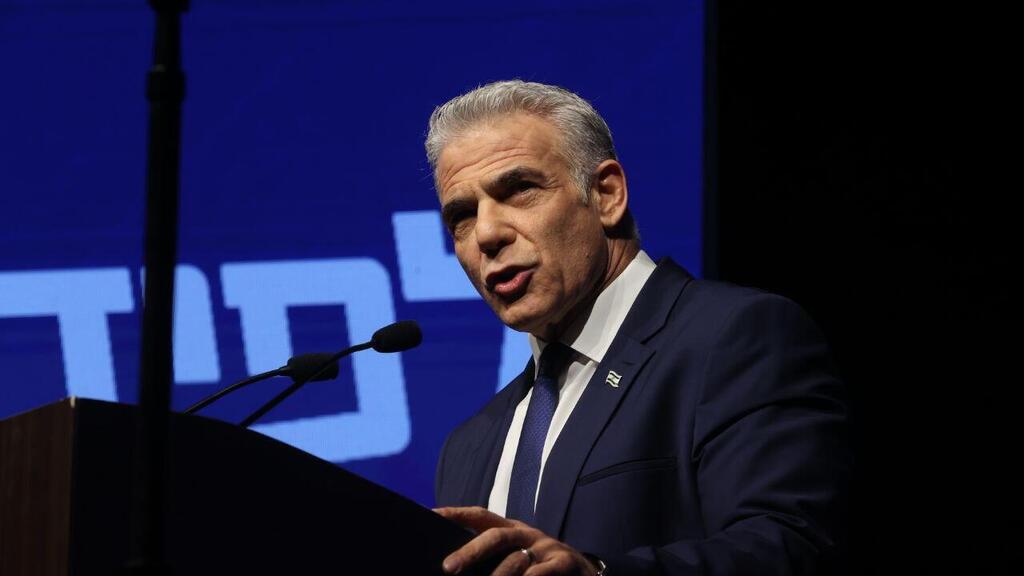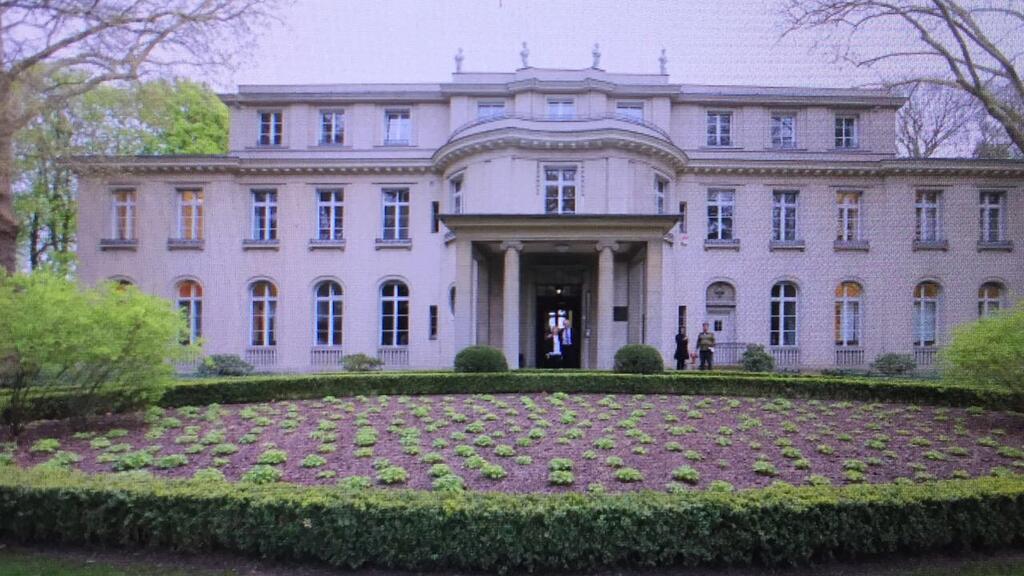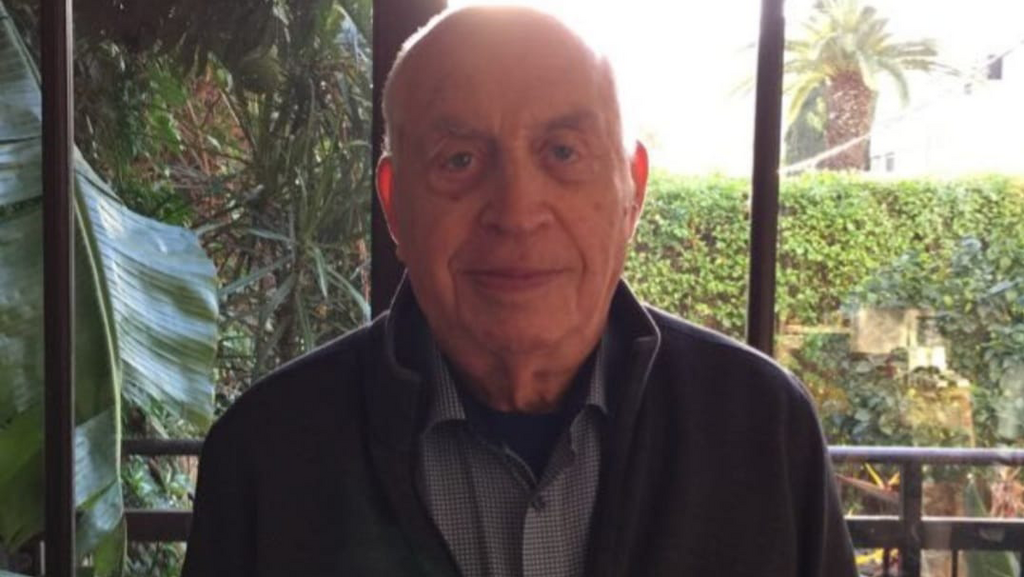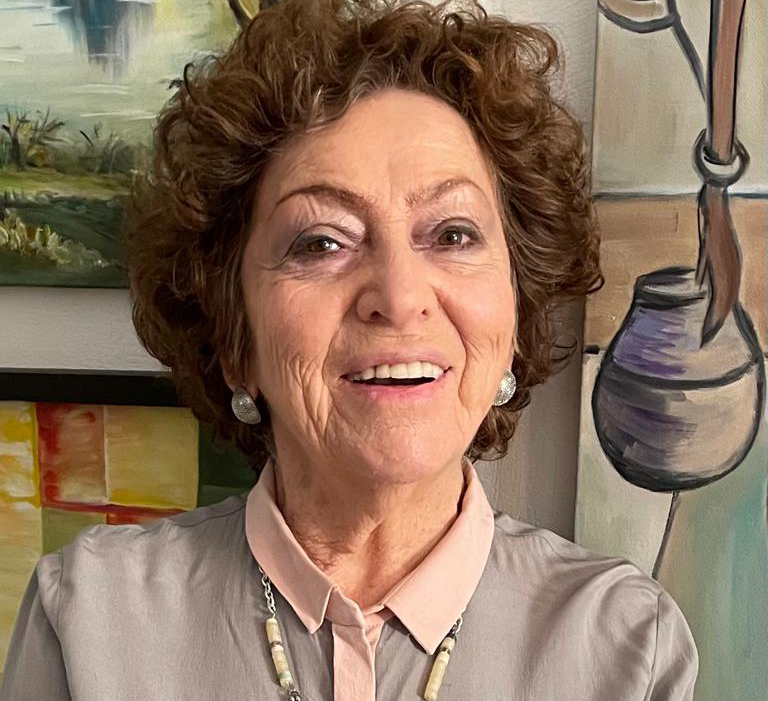Prime Minister Yair Lapid will travel to Germany on Sunday for a short one-day visit in which he is set to discuss the Iran nuclear deal with local officials and attend a Holocaust memorial event.
Lapid will meet with the Chancellor Olaf Scholz, President Frank-Walter Steinmeier, and Foreign Minister Annalena Baerbock to present them Israel's concerns on the revival of the nuclear agreement with Tehran.
Germany, France and Britain on Saturday, said they had "serious doubts" about Iran's intentions to revive a nuclear deal, after Tehran said they were was seeking to link a revival of the deal with the closure of investigations by the International Atomic Energy Agency (IAEA) into uranium traces at three sites.
The prime minister will also visit the Berlin suburb of Wannsee, where in 1942 the Nazis formulated the "Final Solution" plan - the mass murder of Europe's Jewish population.
He will be accompanied by five Holocaust survivors, among them Abraham Ruth, a 95-year-old survivor from Holland and father of four sons, who asked to tell his story during the visit.
Ruth was 12-years-old when World War II broke out, and in 1942 his adopted brother was sent to the Dachau concentration camp, where he was eventually murdered.
In 1943, the rest of his family was transferred to a ghetto in Amsterdam. Abraham's father and two of his sisters were sent to the Westerbork transit camp, and then to Auschwitz, while the rest of the family was dispersed and hidden in different Dutch households.
Nearly his entire family perished in the Holocaust, and after the war at 17, Abraham moved to Israel. He later participated in the process of claiming compensation to Dutch survivors of the Holocaust, and managed to obtain about 400 million euros for the cause.
"Twenty years ago I visited Wannsee, but it is exciting to come as part of a delegation," said Abraham. "To sit in the place where the 'Final Solution' was decided on, in the place where a government decision was made, and as a result most of my family was murdered, it is moving and proves that decisions that are made in the government could be calamitous."
Shosh Trister, mother of three sons and grandmother of four, will also join the delegation with her son Dori.
Trister was born in Ukraine, and with her parents and younger brother was on a visit to Lviv - then part of Poland - when the war broke out. At the very beginning of the fighting, the family members were transferred to the Janowska concentration camp and separated from each other. Her father managed to smuggle them out of the camp, and they moved to Khodoriv and hid there, while the father was taken into forced labor.
Throughout the war, Trister, her mother and younger brother had moved from one place to another, until a Christian woman took them in. They remained with her for two years in a pit dug under the barn until the end of the war.
Trister began sharing her story just a few years ago. She said her mother had always told her never to speak of the experiences of the war.
"Every time I visit a place where Jews were murdered, or were forced to hide, it is a victory for me," she said.





